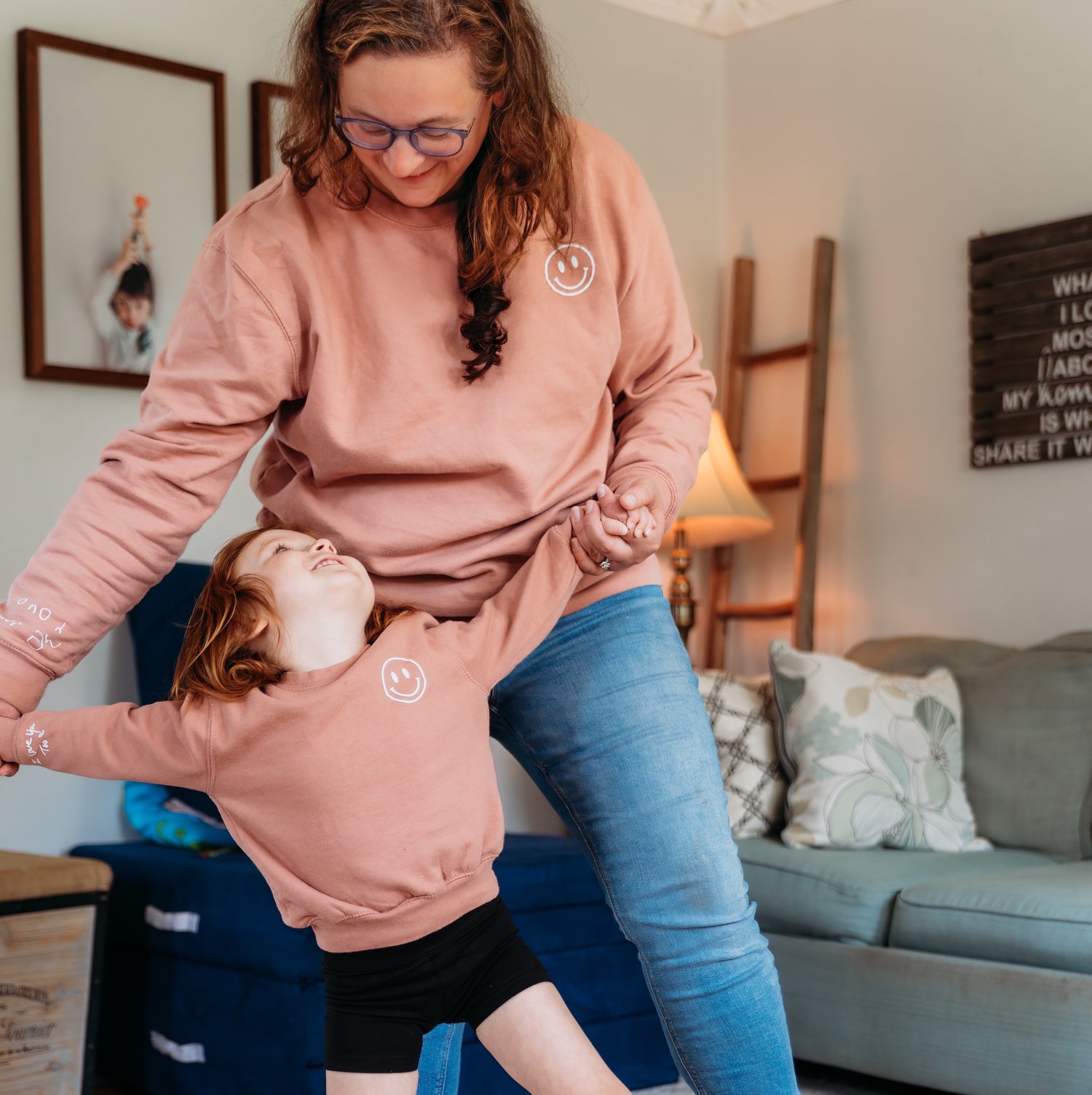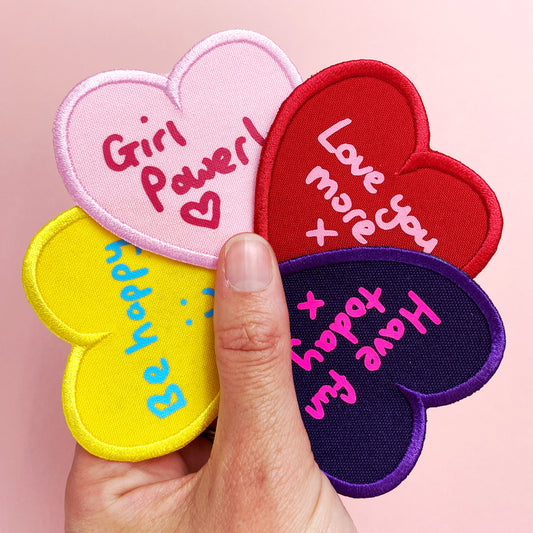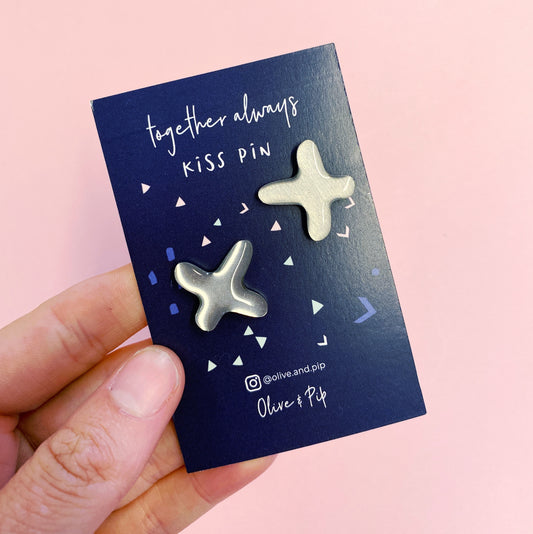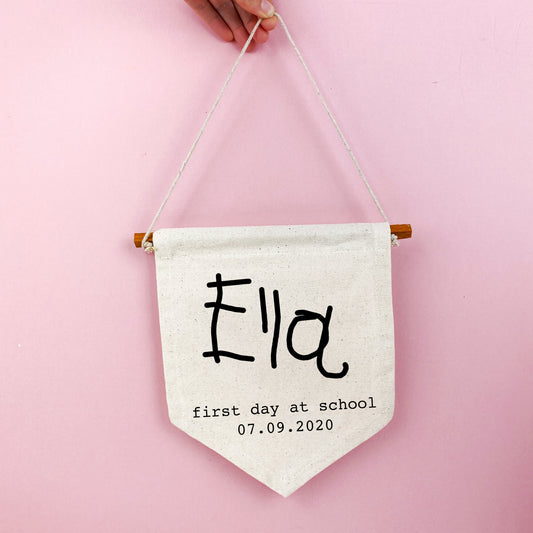Thanks so much for joining us for part 2 of our tips on how to emotionally prepare your child for starting primary school. I hope you found some of our tips last month helpful, this month we are still finding ways to make school feel "safe" for them when they start by looking in a bit more depth at how they can visualise school and start practicing and preparing.
If you missed last month's instalment you can catch up here it's not too late to start implementing these too 😊
Here are my top tips for you to try this July

Read books and stories about starting school
This helps to give children an idea of what their day might be like, mentally preparing them for school. Stories will also be comforting and fun, highlighting the positives of school which will help not just prepare for it but also look forward to it.
We asked our customers last year which was their favourite book and this came out on top. Having since read it myself I can see why its a really friendly and accessible guide that can be read together over the coming months.

See the school together
One of the best ways to take away the fear of the unknown is to make it not unknown anymore. If it is possible, arrange a visit to the school so your child can see what it looks like and get a feel for it, and meet the teachers so they feel like they know them too. If this isn’t possible then you can go through the schools website/social media together and look at photos of the school while talking about what the school day would be like. Your school will most likely already have a transition activity organised such as meeting the teacher before the start of school which will also be really helpful in making your child feel “safe” on their first day.

Practice separation
This might not be relevant for your little one if your child has already been attending nursery or pre school and they generally don’t have an issue with separating from you. But if they find drop offs tricky or if school will be the first place they attend on their own here are some things you can try:
- Practice saying goodbye. Even better if you can make this fun with a silly handshake or special ritual (such as giving each other a Kiss Pin for example)
- Practice leaving your child- for example with a different caregiver or for slightly longer than usual so they can see you will always come back.
- When you leave your child talk about the fun things you will do when you see each other later.

Find out who else is going to the school
Are there going to be any children that your child knows going to the school? If so it would be great to get them together over the summer holidays as having a friend they know is likely to help them feel more confident and settled when they start. If not you could join the schools parent Facebook group and see if any other parents/children are meeting up before the start of term. This isn’t essential but could be another way to help your child transition into primary school because they already have some friends (or familiar faces) on their first day.
I hope you find these helpful. If you missed Part 1 don't forget you can catch up here and keep an eye out for Part 3 coming at the end of next month 😊
Bonus tips for “picky” eaters if you are worried about lunch time…
Starting primary school can be a bit nerve wracking for parents if they worry about what their child eats, knowing that they will not be there to support them or make them their favourite go-to-lunch. The good news is that a lot of children do tend to try more foods when they are with other children than when they are at home, but it's great that you're thinking ahead about preparing your child for the new food environment.
(P.S I don't love the term "picky eater" as I know there can be many underlying factors for selective eating such as sensory processing, but it is the most commonly used to describe eating habits)
Here are a few things you can start to try at home:

Make food exploration fun
Encourage your child to try new foods by turning it into a game. Create a "food adventure chart" with different foods they can try, and let them mark off each one they taste. Play it with them and try the food first if they are nervous- tell them what the texture is like and the flavour, see who can make the loudest “crunch”. If they don’t want to try something that’s fine too, they could just touch it instead or smell it, or you can move on if not.

Cook together
Get your child involved in meal preparation. Let them choose a new recipe or ingredient and help you in the kitchen. When kids have a hand in cooking, they tend to be more open to trying new things. But even if they don't try it, this is still a good first step to help them get used to being around different food.

Start small
Introduce new foods gradually and in small portions. Overwhelming your child with a plate full of unfamiliar foods might make them resistant. Begin with tiny portions of new items alongside their favourite foods so they always have a choice, and if they don’t try it that is fine too. Top tip: they might prefer their food so they are not touching each other too!

Be a role model
Your child might be interested in eating what you are eating. So, let your children see you enjoying a variety of food and they may follow suit.

Positive reinforcement
When your child takes a bite of something new, even if they don't like it, offer praise and acknowledge their effort. Chat about the texture, smell, taste and validate their feelings, you can talk about what you like or don't like about it yourself .
This positive reinforcement helps build confidence and a willingness to try again in the future.

Mix it up
Add variety to their meals at home by gradually introducing different ingredients, flavours, and textures. Serving “help yourself” buffet-style lunches is a great way to encourage children to try something new without them feeling like it is being forced upon them (ours love this!)

Lunchtime practice
If your child will be having packed lunches, start packing similar meals at home. Include a mix of familiar favourites and new additions. This will help them get used to the idea of trying different foods at lunchtime. Practise using a lunch box and opening packets so they feel confident and empowered to do it themselves when they are at school.

Talk about school lunches
Before starting primary school, have conversations about the exciting aspects of school lunches and how it will work at school (you might need to ask the school about this one). Talk about the different options they might find and let them share their favourites. A lot of schools have a menu where you can choose food options online- let your children know about this so they know they will be able to make some choices themselves.
Lastly, patience is key! Remember, change takes time. It's normal for children to be hesitant about new foods. Stay patient, keep offering different options, and celebrate every small step forward.
You know your child best, try whatever seems right for your family and you'll be well on your way to preparing your picky eater for primary school and helping them become more open to trying new foods.
Neurodiverse children may have a trickier time trying and accepting new food- if you are worried about lunch times and your school has a “lunch box policy” reach out to the school and have a chat about reasonable adjustments they can make to accommodate your child and their “safe” foods.
Don't forget its about keeping it fun and please don't worry if they they are still nervous to try new foods things can change. Good luck, and enjoy!
Our top gifts for children starting school
-
Love Note Heart Patch (your handwriting)
Regular price From £9.99Regular priceUnit price per -
Love Note Heart Patch (choose your message)
Regular price From £8.99Regular priceUnit price per -
Together Always Kiss Pins
Regular price From £15.99Regular priceUnit price per -
First Day at School Handwriting Banner
Regular price £19.99Regular priceUnit price per





